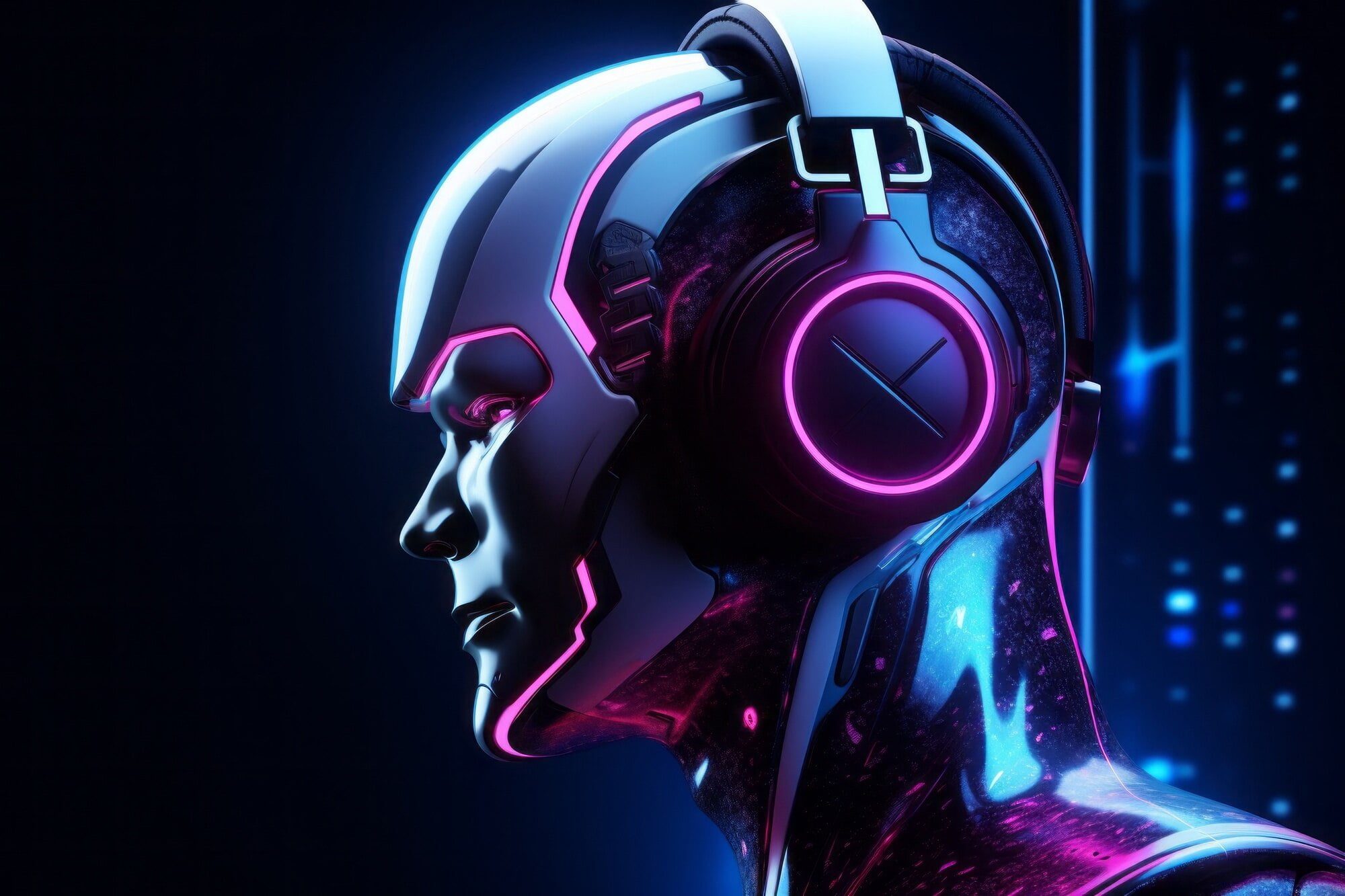
In recent years, artificial intelligence (AI) has made significant strides in various fields, including music composition. With AI algorithms capable of generating melodies, harmonies, and even entire compositions, questions arise about the future of human involvement in music creation. Will AI eventually replace songwriters, musicians, and music artists altogether? Let’s explore this intriguing intersection of technology and creativity.
The Rise of AI in Music
AI in music began with simple algorithms capable of generating basic melodies. Today, AI systems like OpenAI’s MuseNet and Google’s Magenta can compose intricate pieces in various styles, mimicking the nuances of human creativity. These AI tools analyze vast datasets of existing music, learning patterns and styles to produce original compositions. They can even adapt to specific genres, from classical to jazz, creating music that is sometimes indistinguishable from human-made pieces.
Additionally, AI’s advancements have extended to vocal synthesis. AI can now imitate the voices of different artists, producing vocals that sound remarkably similar to the originals. This technology allows for the creation of new songs using the vocal styles of famous singers, even those who have passed away, expanding the possibilities of music production.
Advantages of AI in Music Creation
1. Efficiency and Speed: AI can generate music at an unprecedented speed, producing compositions in minutes that might take human songwriters days or even weeks. This efficiency is beneficial for industries that require a constant stream of new music, such as advertising, film, and video games.
2. Accessibility: AI democratizes music creation by providing tools that require minimal musical knowledge. Aspiring musicians and hobbyists can create professional-sounding tracks without years of training, broadening the landscape of music production.
3. Innovation: AI can experiment with various genres and experiment with different musical elements and combinations that human songwriters might not consider, pushing the boundaries of creativity and introducing new genres and styles.
4. Vocal Synthesis: AI can replicate the voices of famous artists, allowing for the creation of new music featuring iconic vocal styles. This can be used for tribute albums, remixes, or entirely new compositions that pay homage to beloved artists.
Limitations and the Lack of Human Touch
Despite these advantages, AI-generated music often lacks the emotional depth and personal touch that characterize human compositions. Music is a deeply emotional art form, reflecting the experiences, feelings, and stories of its creators. This human element is difficult for AI to replicate fully. While AI can mimic the technical aspects of music, it struggles to infuse compositions with genuine emotion and intention.
Intellectual Property Concerns in AI-generated Works
The issue of intellectual property (IP) infringement in AI-generated works is another complex and evolving concern. AI systems, particularly those trained on large datasets of existing works, can inadvertently generate content that closely resembles copyrighted material, raising questions about ownership and legal liability.
1. Training Data: AI models learn from vast amounts of data, including copyrighted material. As a result, AI-generated works may unintentionally incorporate elements protected by copyright.
2. Music Ownership: AI operates based on patterns and data, often resulting in compositions that follow closely to current trends. This may enhance immediate appeal in a song but it often lacks the enduring excitement of a truly original idea.
3. Legal Frameworks: Existing IP laws were not designed with AI-generated content in mind, leading to uncertainty and legal gray areas regarding copyright infringement and fair use.
Conclusion
Rather than viewing AI as a replacement, we should see it as a collaborative tool that enhances human creativity. Musicians and songwriters can use AI to explore new ideas, overcome creative blocks, and experiment with different styles. For instance, AI can suggest chord progressions, generate accompaniment tracks, or even provide inspiration for lyrics, acting as a creative partner rather than a competitor.
